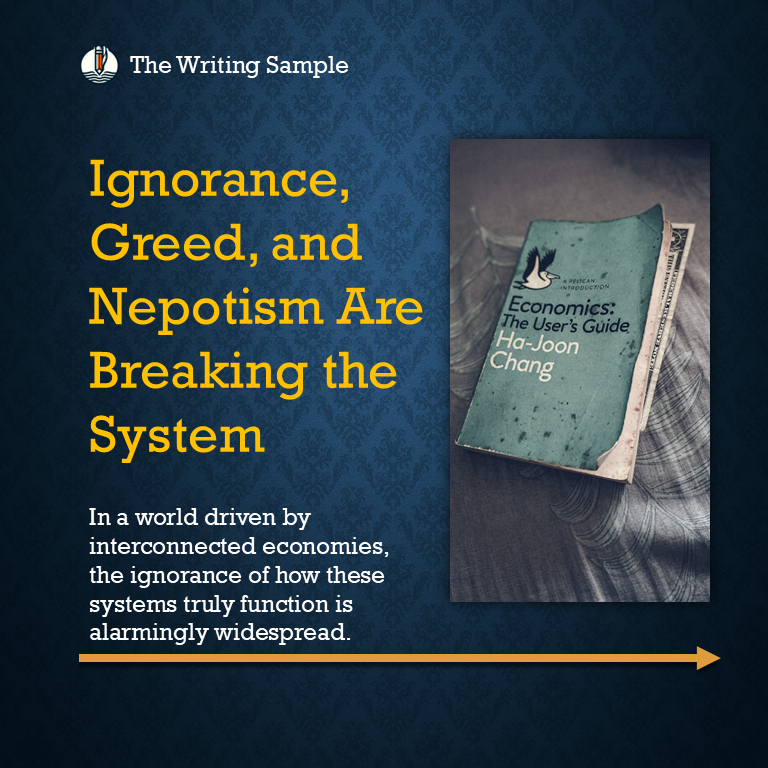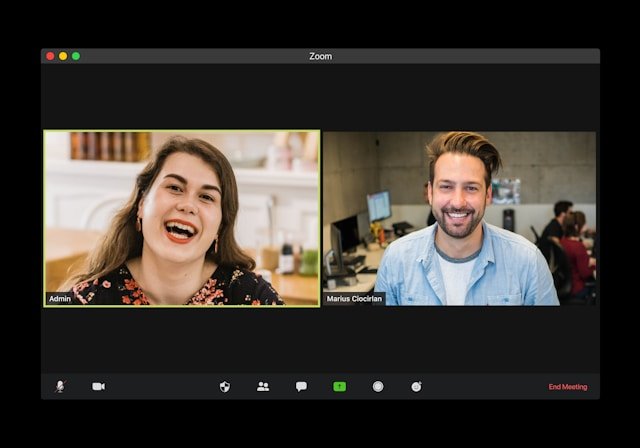Is your 9-5 job worth it? Many of us find ourselves dedicating significant amounts of time and energy to traditional work setups, often feeling trapped in an environment that no longer values the people behind the labor. The modern workforce is fraught with challenges, including unhelpful coworkers, unsupportive bosses, and toxic environments that can harm mental well-being.
The traditional 9-5 job has long been a cornerstone of modern life, but is it still worth the time, energy, and sacrifice in today’s changing economy? Many workers today face more mental and emotional stress than ever before. Whether you’re stuck in a cubicle or hustling in the gig economy, the toll on your well-being can be overwhelming.
The Mental Health Impact of Traditional 9-5 Jobs
Working long hours, dealing with difficult coworkers, and navigating the demands of a boss who may not value your work can all lead to significant mental health challenges. In fact, 83% of U.S. workers report experiencing stress at work, and 25% of employees say work is their number one source of stress (American Institute of Stress, 2024). When you’re grinding away at a job where you’re underappreciated or even disrespected, the negative impact on your mental health can be profound.
Gig Economy: Flexibility vs. Mental Strain
While many turn to gig work for flexibility, the freedom to set your own hours comes with its own set of challenges. Over 51% of gig workers say they wouldn’t switch to a traditional job due to the independence they enjoy, but nearly 60% struggle with unpredictable payment schedules and irregular income (Verywell Mind, 2022). These financial uncertainties can lead to stress, anxiety, and burnout. Despite the flexibility, many gig workers find themselves working harder than traditional employees without the same security or benefits, leading to increased mental health concerns.
Generational Divide in Understanding Mental Health
A significant generational divide exists in the workforce, with many older bosses unable to relate to the mental health challenges younger workers face. Previous generations enjoyed job stability, pensions, and healthcare benefits, which are now rare. Younger workers today are often underpaid and overworked, and the lack of understanding from management only exacerbates the mental health strain. According to the American Psychological Association, over 40% of millennials have quit a job due to mental health reasons (APA, 2024).
Burnout, Nepotism, and Feeling Stuck
In addition to burnout, workers often face other barriers, such as nepotism in hiring. Many qualified individuals are passed over for jobs, leading to feelings of frustration and being undervalued. The reality of constant rejection can have a debilitating effect on mental health, especially for those who have invested heavily in their education and career.
Remote Work: A Silver Lining?
For many, the rise of remote work has provided a massive boost to mental well-being. Remote work offers the chance to balance work and life more effectively, allowing workers to avoid long commutes and create a more comfortable working environment. In a 2024 Gallup poll, 91% of workers expressed hope that remote work would continue to be available, with many citing improved mental health as a key benefit (Gallup, 2024).
Is It Worth It?
Ultimately, whether the traditional 9-5 or gig work is “worth it” depends on your personal situation and what you value most—whether it’s financial stability, flexibility, or work-life balance. One thing is clear: many people are feeling the strain of modern work conditions, and the mental health impacts cannot be ignored. As workers, we need to find ways to protect our mental health, whether it’s by pursuing more flexible work, setting boundaries, or finding fulfillment in other areas of life.
By staying resilient, finding joy in serving others, and focusing on what matters most to us, we can navigate the challenges of today’s workforce and stay mentally strong.
Sources:
American Psychological Association, 2024
American Institute of Stress, 2024
Gallup, 2024
Verywell Mind, 2022




0 Comments